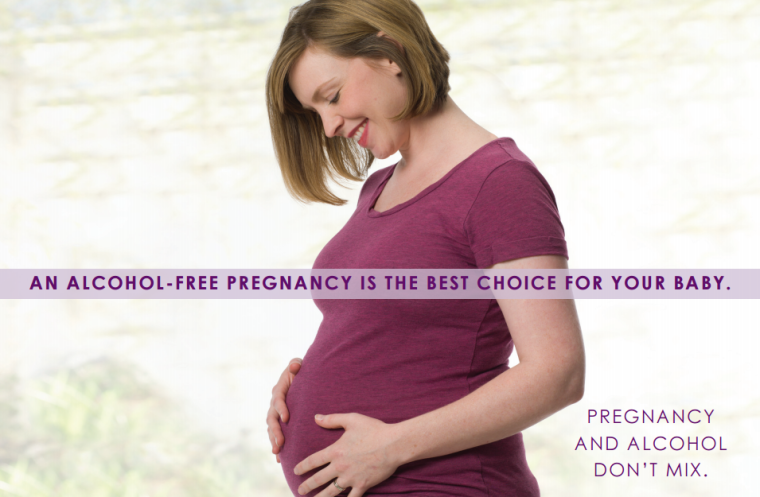'Spectrum disorders' could be linked to alcohol in the womb, study suggests

ELK GROVE VILLAGE, Ill. (Christian Examiner) – If it were ever ambiguous before, the publication of the latest study about Fetal Alcohol Spectrum Disorders (FASDs) has made it abundantly clear: no amount of alcohol intake is safe at any time during pregnancy.
The clinical report, which appeared in Pediatrics, the publication of the American Academy of Pediatrics (AAP), called prenatal exposure to alcohol "the leading preventable cause of birth defects and intellectual and neurodevelopmental disabilities."
One in 10 pregnant women reported drinking alcohol in a study conducted by the Center for Disease Control in 2011-2013. FASD is 100 percent preventable by women who choose not to drink alcohol at any point during pregnancy.
Janet Williams, one of the lead researchers on the report about FASDs, said accurately diagnosing the condition, which may have permanent effects, is hampered by lack of awareness and understanding among the medical community and families.
"Even though fetal alcohol spectrum disorders are the most commonly identifiable causes of developmental delays and intellectual disabilities, they remain significantly under-recognized," said Dr. Williams in an AAP press release.
For that reason, no one knows exactly how many people are affected by FASD, although studies conducted by the CDC suggest that one out of every 1,000 children might be born with FASD in some areas of America.
The report made the following conclusions:
- Alcohol-related birth defects and developmental disabilities are completely preventable when pregnant women abstain from alcohol use.
- Neurocognitive and behavioral problems resulting from prenatal alcohol exposure are lifelong.
- Early recognition, diagnosis, and therapy for any condition along the FASD continuum can result in improved outcomes.
Regarding instructions for women who are pregnant or may become pregnant, the report was clear: "During pregnancy, no amount of alcohol intake should be considered safe; there is no safe trimester to drink alcohol; all forms of alcohol, such as beer, wine, and liquor, pose similar risk; and binge drinking poses dose-related risk to the developing fetus."
NO SAFE AMOUNT, TIME OR TYPE
Because prenatal exposure to alcohol is known to inhibit oxygen and nutrition in utero, the effects of FASD can be severe, including impaired balance and coordination, impaired internal organs like the heart, lungs, and kidneys, and impaired cognitive function leading to attention-deficit/hyperactivity disorders.
"The research suggests that the smartest choice for women who are pregnant is to just abstain from alcohol completely," said Dr. Williams.
Despite the overwhelming evidence that alcohol use during pregnancy puts children at risk, some doctors may not be completely clear in recommending total abstinence.
One frequently asked question, according to the pediatric association's FASD information page, is "What if my doctor tells me it is okay to drink during pregnancy?"
The AAP continues to be extremely clear in its answer. "Your doctor is not giving you advice based on the best and most recent research available," it says.
"Your doctor should know that every major medical organization in the United States, including the American Academy of Pediatrics, the American College of Obstetricians and Gynecologists, the American Academy of Family Physicians, the US Surgeon General, and the Centers for Disease Control and Prevention, agree and consistently state that the best advice is for women not to drink alcohol while pregnant or trying to become pregnant," the website adds.
"There is no safe amount, no safe time, and no safe type of alcohol to drink during pregnancy. It's just not worth the risk," said Dr. Cheryl Tan, an epidemiologist at the CDC, according to CNN.
Society should be more aware of the clinical report's somber conclusion: "There is no known absolutely safe quantity, frequency, type, or timing of alcohol consumption during pregnancy, but having no PAE [prenatal alcohol exposure] translates into no FASD."
The completely preventable condition is dependent on pregnant women's choices to drink alcohol.
"Despite research evidence clearly documenting the spectrum of detrimental consequences of PAE, too many women continue to drink alcohol during pregnancy," Williams and her research team conclude.
The AAP answers frequently asked questions about FASD here.
The CDC provides a pamphlet about FASD here.